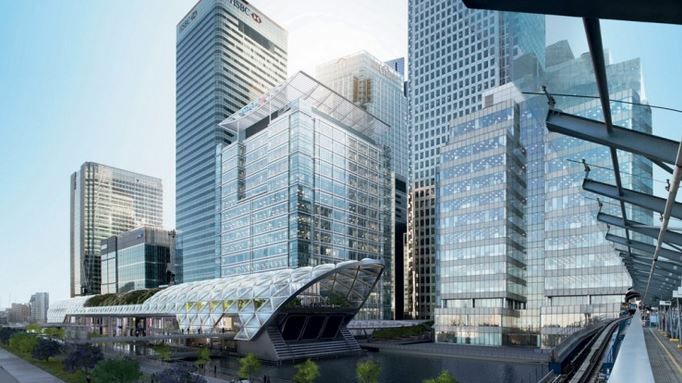Canary Wharf development owners Songbird Estates said its assets are worth 23% more than Qatar Investment Authority (QIA) and Brookfield Property Partners offered to acquire it, a move that many believe may have scared off the suitors.
QIA and Brookfield offered 295 pence per share, which was rejected earlier this month. Songbird says its new valuation of itself has increased to 381 pence per share as of November 27th.
Songbird says it has had talks with the Qatari and Canadian companies, but has not yet received a bid.
People familiar with the matter say the suitors may have to up their offer to over 400 pence per share if they are serious about clinching the deal, with rents and residential construction climbing rapidly in the Canary Wharf district.
Songbird says its land and real estate is valued at £6.84 billion ($10.7 billion). QIA, which is already Songbird’s largest stockholder, and Brookfield must make a bid or say they are not interested by December 4th, according to UK takeover regulations.
Canary Wharf is expected to soon become London’s premier financial district. (Photo: Canary Wharf Group)
Songbird’s assets are now worth 19.2% more than in their June 30th evaluation. The company asked to be re-assessed after the bid. It says it has enough land to build 910,000 square meters (9.8 million square feet) of property, thirty percent of which would be used to build dwellings.
The bidders are understood to be concentrating on a significantly lower “triple net asset value” measure, focusing on the value of the business after it is broken up, and tax liabilities and debts are paid off. This would value the shares at about 303 pence each.
The Independent quoted Lazarus analyst Matthew Saperia who believes it is fairer to focus on net asset value rather than the bidders’ preferred measure, because “we don’t believe their interest is motivated by a break-up of the estate.”
Songbird also controls the whole Canary Wharf estate, which has become London’s second financial district after The City. After the Crossrail station at Canary Wharf is completed in three years’ time, the value of land and properties in the area are expected to increase considerably.
Once the hub of London’s shipping trade, Canary Wharf today hosts several British financial institutions’ headquarters, including those of HSBC and Barclays, as well as the European nerve centers of dozens of multinational banks, including Citi.

